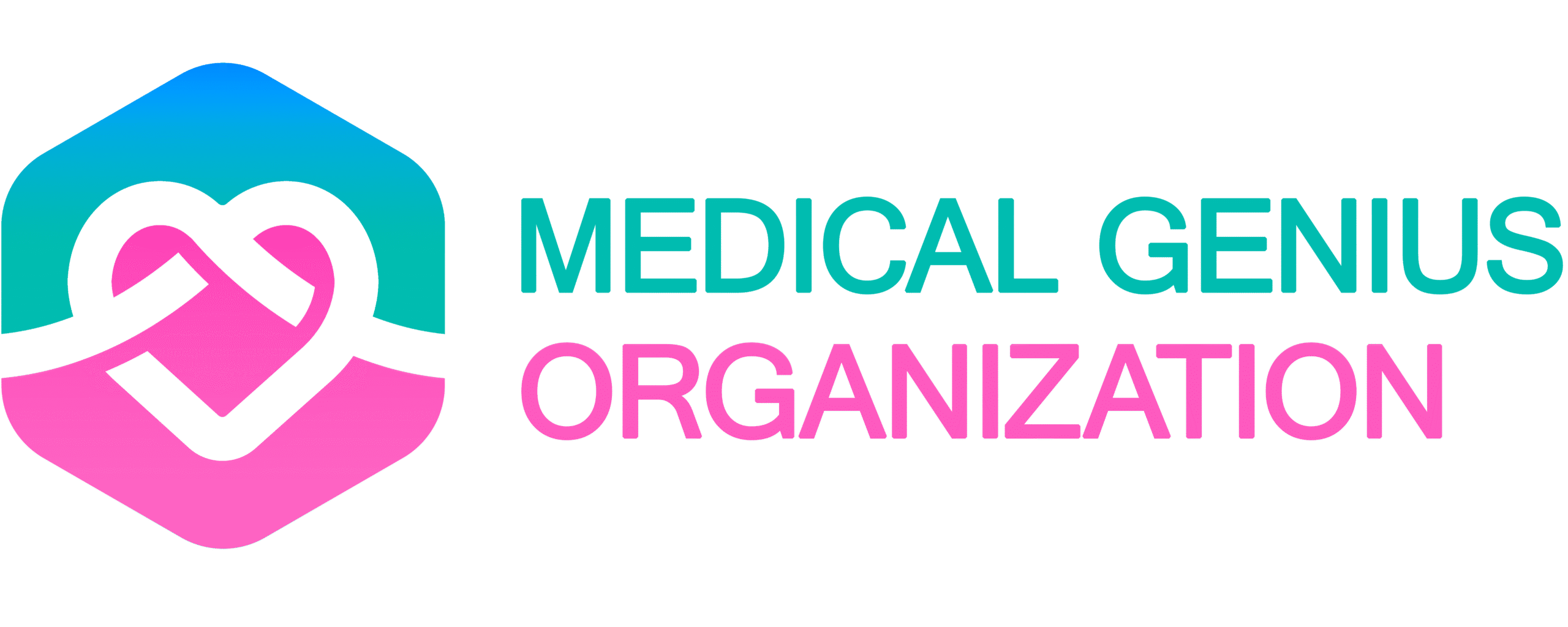Education recruitment is a process of selection and enrollment of proper talents to fill the available positions in schools and colleges. This is a core process to ensure improved quality of education as it places competent and dedicated workforce in schools, colleges and universities. This post will seek to discuss more on education recruitment and the reason as to why it is important, the roles that are associated with recruitment, and some helpful tips regarding the recruitment process.
What is Education Recruitment?
Education recruitment is a process of attracting and selecting individuals, who are suitable for educational institutions to fill different positions. These include hiring of teachers, administrative staff, secretary, and other specialized positions like counselors and information technology officers. Education recruitment aims to find the right talent possessing necessary education, skill, attitude, and aptitudes that are compatible with the culture of the institution.
Key Components of Education Recruitment
1. Job Analysis: The first process in the recruitment in education is the identification of the responsibilities that will be required for the job. This entails coming up with the job description, the requirements, the skills, and experience required to execute the job.
2. Job Advertising: When the job descriptions are defined, the next task that needs to be performed is job advertising. This can be done through, employment agencies specializing in education recruitment, such as the Medical Genius organization, or through the institution web site, or through social media sites.
3. Procedure: All candidates who wish to apply for the above post are required to forward their application, which commonly requires a resume, cover note, and other relevant materials like certificates or academic transcripts.
4. Screening and Shortlisting: The process of screening helps the recruitment team to finalize the pre-selected candidates after ascertaining their suitability to do the job that is being offered. This stage may include assessment of the education, work experience and many other qualifying factors.
5. Interviews and Assessments: After identifying qualifying candidates for an advertised position, the employer invites candidates for interviews accompanied by some tests in certain jobs. These can be competency tests, teaching demonstration or assessment center that would test the suitability of the candidates for the position.
6. Reference Checking: This is another important step that is undertaken during the final stages of the recruitment process with the aim of confirming the credentials of the candidate as well as getting extra information about the candidate from his/her employer of past companies.
7. Offer and Joiners: When an applicant is selected, job offer is made to them and joiners are arranged. Once an employee has been hired, he or she must undergo a number of procedures meant to orient him or her into the institution.
The Importance of Effective Education Recruitment
Recruitment of education professionals is necessary for several reasons:
Ensuring Quality Education
Consequently, the quality of education in institution is largely defined by the staff qualification and the level of their motivation. Through employing highly qualified and motivated teachers, learning institutions can improve the quality of education provision thus achieving positive learning results.
Meeting Institutional Goals
Every university has its objective and aims that are set depending on the institution’s context. Recruitment is essential in ensuring that the staff employed in an institution addresses these goals and, in the process, help in achieving the institution’s objective and achieving a good reputation.
Fostering a Positive Work Environment
Institution hires those who share the same interest with them because it helps create a healthy working environment. This helps in increasing morale and satisfaction of the employees and the institution has less turnover rate, hence retaining its human resource.
Adapting to Changing Educational Needs
Currently, there are various challenges in the management of education institutions and respective learning environments. To tap into this talent, recruitment enables a firm to acquire talent with new techniques and knowledge to reduce its market irrelevance.
Roles in Education Recruitment
Education recruitment involves several positions that are very important in the process of identifying and selecting appropriate human resource to serve in certain positions.
However, they are some of the notable roles such as:
Recruitment Specialists
Recruitment specialists are also referred to as the recruiters or talent acquisition professionals and these individuals perform all or most of the recruitment processes. They define people shortages, develop vacancies, sift through candidates, and perform interviews.
Human Resources Professionals
With regard to their duties multi talented workers co-ordinate with the recruitment specialists to make sure that the process of recruitment of employees fulfils the polices & guidelines of the institution. Another important function of HR is selection and recruitment, administering of contracts, and ensuring compliance with the tripartite relations and statutory requirements.
Hiring Managers
Most of the time, employers are people who hold the line manager role at the level of the job that needs to be filled. With the help of the human resources department, they write the job descriptions, meet the candidates shortlisted by the recruiting agents, and make the final choice of those who will be hired.
Interview Panels
Interview panels may comprise of the faculty members and the administrators as well as other officials in the institution. Its function is to determine the overall adaptability of the candidates for the corresponding institution while interviewing them.
Effective Recruitment Strategies
It is thus necessary for the educational institutions to employ proper recruitment processes to secure the best talent.
Below are some of the strategies that one should consider:
Utilize Multiple Recruitment Channels
Acknowledge that there are many ways to hire people increasing the chances of getting a large group of talented people. People use these sites to find jobs, like job boards, Facebook, LinkedIn, and trade fairs.
Showcase the Institution’s Culture
Of all the methods of attracting qualified candidates, it can be highly effective to focus on the institution itself, alongside its values and distinctive selling points. This can be achieved using the job listing, video, and existing employee’s testimonial or commentaries.
Streamline the Application Process
A smooth and efficient process will improve the chances of the candidate applying and therefore get the best individuals. Simplification and clarity of the steps for applying can go a long way in making it very easy to use.
Focus on Diversity and Inclusion
There are more chances to get a lot of bright people when you know there are many ways to hire people. Job boards, Facebook, LinkedIn, and trade shows are some of the places where people go to find work.
Offer Competitive Compensation and Benefits
As a quality employee, you should think about how much money you should be paid and other benefits that go along with it. Companies should always be on the lookout for bright people and reiterate their pay plans from time to time.
Invest in Employee Development
The candidates will be drawn to companies that offer the best training and development opportunities along with a clear job path. No matter what, pointing out the professional growth programs and the chance to move up in the company can be seen as big pluses.



